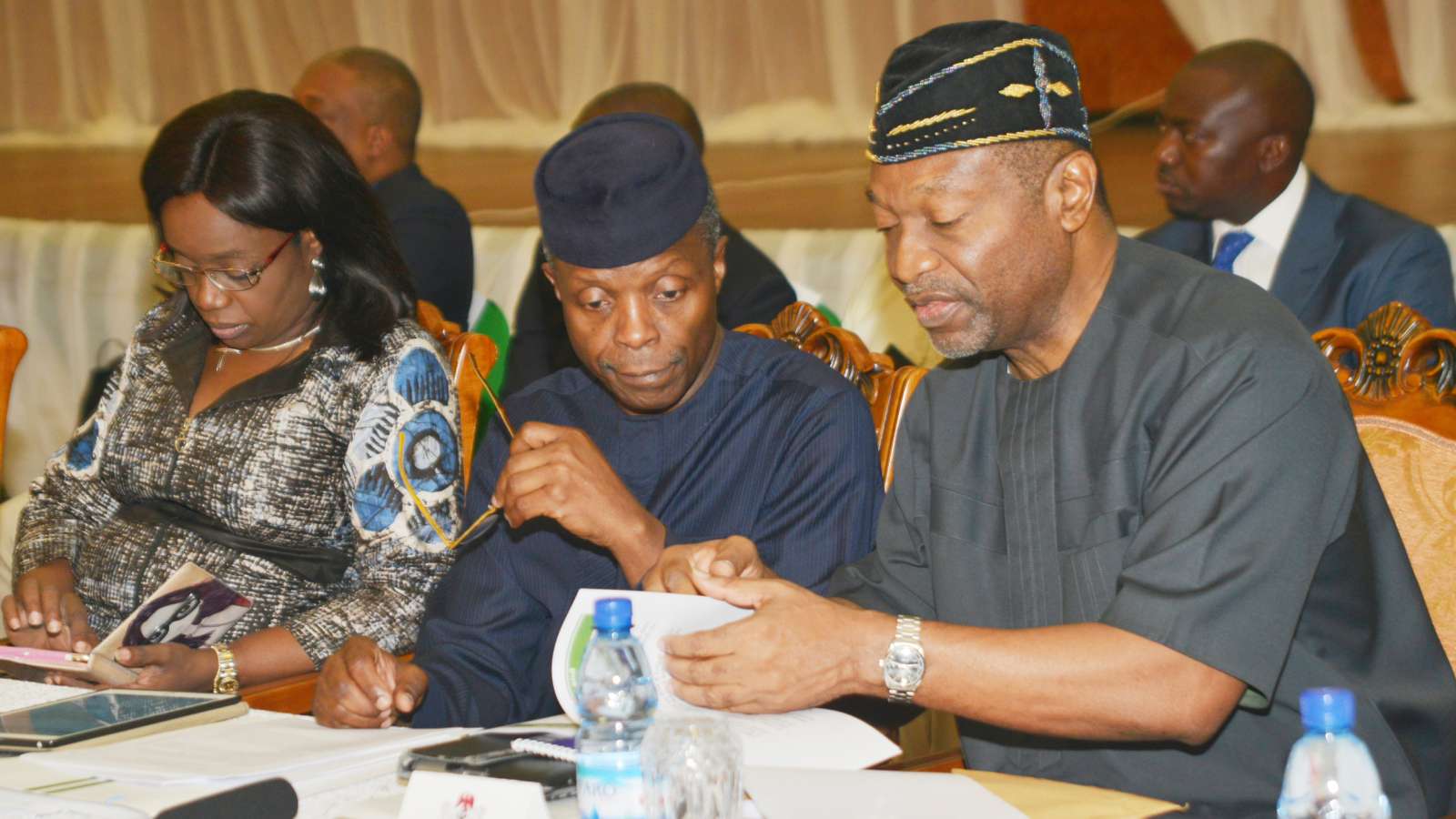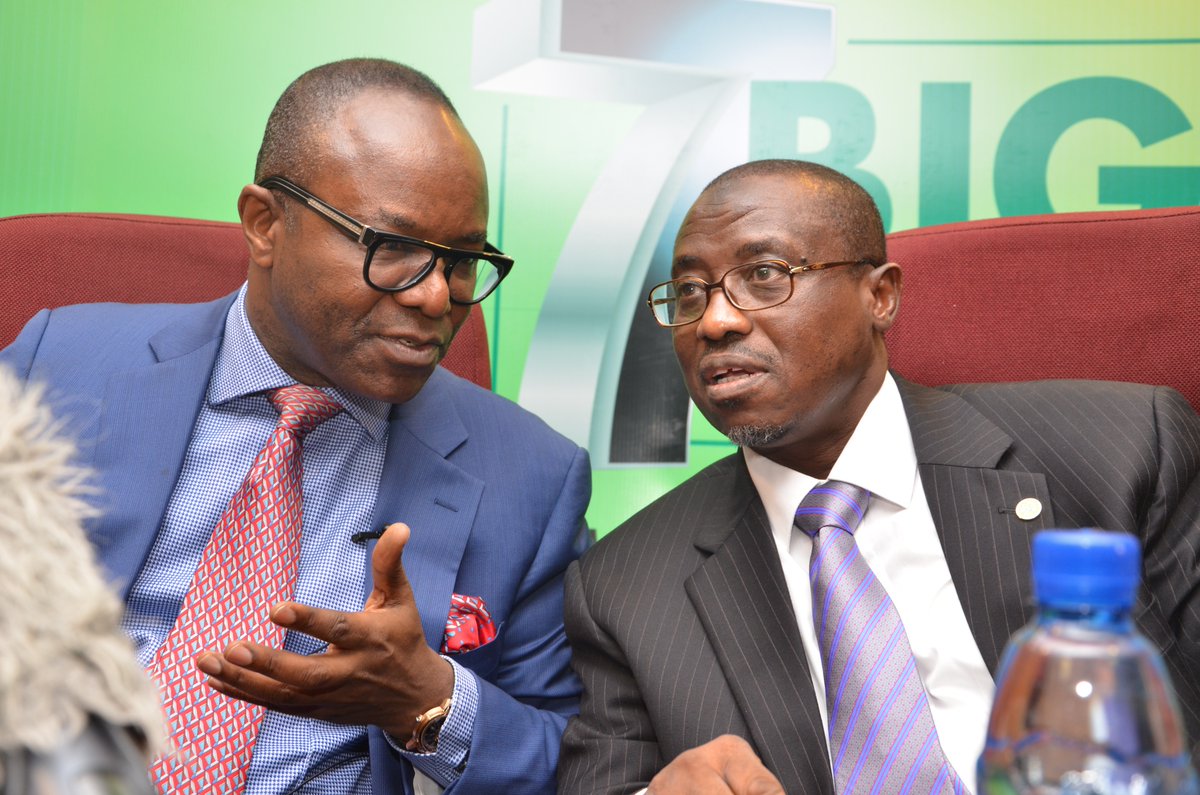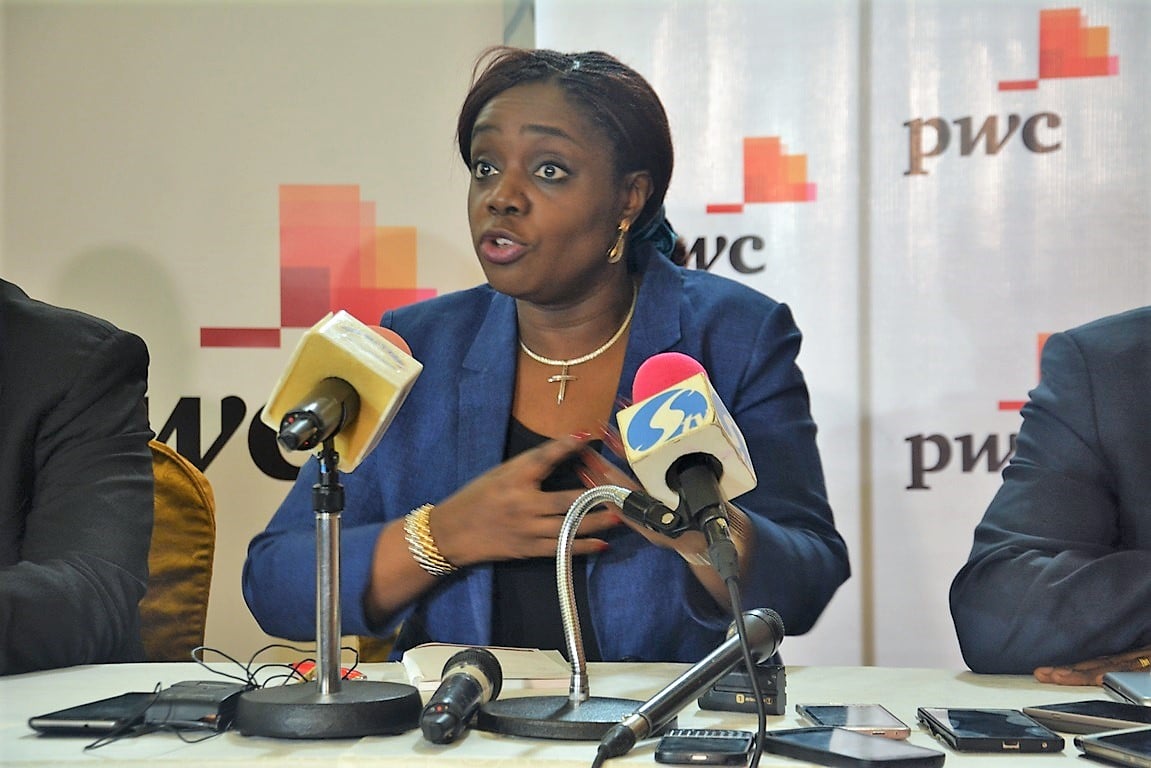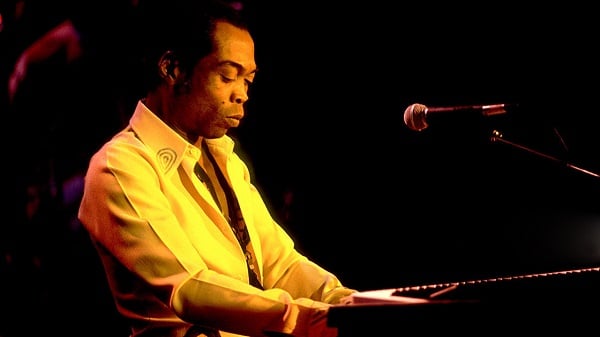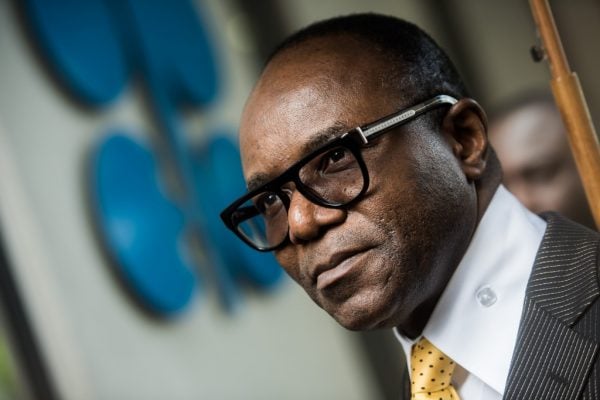Nigeria displayed its resilience in the global arena on repeated occasions this year, by confronting a currency crisis, navigating depressed oil prices and rebounding from an economic deceleration.
With the nation currently in the process of recovering from its worst slump in 25 years, despite the headwinds created from both external and internal risk, the overall outlook remains highly encouraging.
Annual inflation has eased considerably, while core fundamentals suggest that the economic landscape continues to stabilize. With the driver behind Nigeria’s economic rebound fuelled by sustainable sources such as manufacturing, agriculture and trade, it is clear why sentiment is slowly turning bullish.
Now that Nigeria has shown the world that it resilient, the central bank is likely to direct its focus towards mitigating inflation and further supporting the local currency.
Advertisement
The fact that Nigeria managed to grow 0.55% in Q2, despite suffering a painful contraction for five consecutive quarters, highlights the tenacious nature of the nation and prospects for future growth. Consumer prices also eased to 16.01% in August, pointing to signs of improving price stability.
While there is still some distance to go before inflation falls back within the Central Bank of Nigeria’s 6-9% target, improved Dollar supply which has eased inflation by reducing import costs, may play a part in inflationary pressures becoming a theme of the past.
Although the combination of accelerating growth and falling inflation may encourage the CBN to cut benchmark interest rates in the future, it is only one element of the equation. While an interest rate cut is likely to boost business confidence and support the nation further, attention should be directed towards the fiscal side.
Advertisement
Taking a look at the fiscal side of the equation, it can be said that Nigeria is in dire need of a national infrastructure plan. Major roads remain in poor condition, bridges and railways need to be renovated and education needs an overhaul.
It should be kept in mind that a solid and stable infrastructure yields a healthy economy, while a weak foundation limits growth and exposes the nation to downside risks. Rectifying these issues has the ability to not only create employment but it would also support economic growth – ultimately boosting investor confidence.
On a positive note, the National Bureau of Statistics (NBS) recently reported that Nigeria recorded an export rise of 73.5% in the second quarter of 2017. There was a significant rise in non-oil exports with agricultural goods increasing in the country’s foreign exchange earnings.
With agriculture remaining the backbone of Nigeria, this report was highly encouraging, especially when you consider how the nation has an ongoing quest to diversify from oil reliance.
Advertisement
Focusing on the foreign exchange outlook, the Naira held its ground against the Dollar in September, with prices trading within a narrow range on the parallel market exchange.
The implantation of the Investors and Exporters (FX) Window has bolstered confidence over Nigeria’s outlook and this may be reflected in the Naira’s current stability. The Naira’s price action also suggests that the increased supply of foreign exchange into the largest economy in Africa has attracted investors, ultimately creating another wall of stability in the FX markets.
While the outlook for the Naira is starting to look encouraging amid the stabilizing fundamentals, markets will still be observing how Nigeria tackles the system of multiple exchange rates. With the central bank aiming to erase the multiple exchanges, which would require an official devaluation, it becomes a matter of when and how.
Resurgent oil prices have positively impacted the nation’s government revenues and even reinforced the stability of foreign exchange markets. Investors are becoming increasingly optimistic about OPEC’s ability to rebalance the market long-term, as this was reflected in WTI Crude which appreciated towards $52. With further upside on the cards in the short to medium term amid the optimism, the Nigerian government is likely to receive more revenue.
Advertisement
It should be kept in mind that oil prices still pose a significant external risk to Nigeria in the longer term, especially when considering how fragile the current OPEC supply cut deal really is.
With OPEC requesting Nigeria to cut production by 1.8 million barrels a day, this complicates matters, as the Federal government’s 2017 budget is based on the production of 2.2 million barrels per day at $44.50 per barrel.
Advertisement
A situation where Nigeria limits production and oil prices depreciate, could pose a serious threat to the budget, ultimately punishing economic growth.
As the final quarter of 2017 gets underway, markets will be closely watching to see if the stabilizing economic conditions prompt the Central Bank of Nigeria to cut interest rates. A rate cut will be one the first steps of many the nation takes on in its ongoing mission to recover economically, diversify and continue to rattle the global arena.
Advertisement
Views expressed by contributors are strictly personal and not of TheCable.

